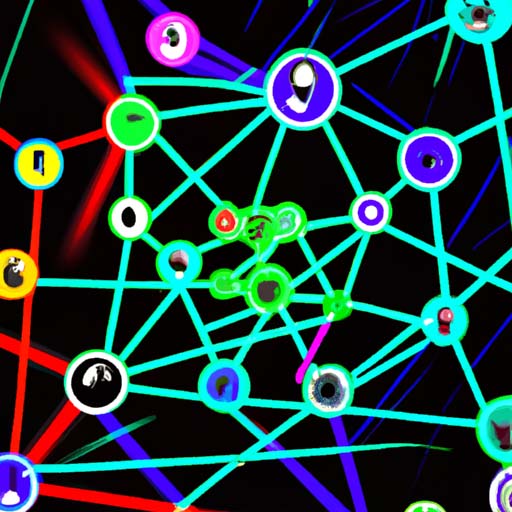- Vanderbilt University Law School has established the Vanderbilt University Artificial Intelligence Law Lab (VAILL), which focuses on how AI is reshaping the practice of law
- VAILL aims to explore how legal professionals can use AI, particularly to expand access to legal services for those in need
- The lab will develop curriculum, host workshops, assist with student projects, provide resources for law firms, and explore the implications AI has for the legal profession
- The lab hopes to collaborate with faculty from various disciplines and is currently considering the future uses of AI in law, such as chatbots for self-represented litigants and generative AI for drafting court filings
- VAILL is described as a “scrappy startup” and is still in the early stages of development
Vanderbilt University Law School has established the Vanderbilt University Artificial Intelligence Law Lab (VAILL) to explore how artificial intelligence (AI) is reshaping the practice of law. VAILL is believed to be the first lab of its kind in the country. The idea for the lab arose in early 2023, following the news that the AI language model GPT-4 had passed the bar exam. Inspired by the implications of AI in the legal industry, the Dean of Vanderbilt University Law School, Chris Guthrie, decided to create a lab focused on this area.
VAILL aims to examine how AI can be used by legal professionals and expand access to legal services for those in need. According to Cat Moon, co-director of VAILL, only 8% of the civil legal needs of low-income Americans were met in 2022. Moon believes that there is an ethical obligation to understand how AI can help serve more people. The lab will develop curriculum, host workshops, assist with student projects, and provide educational resources for law firms seeking to incorporate AI into their work. The focus is on exploring the myriad questions and challenges that AI raises for the legal profession, rather than providing specific answers at this stage.
VAILL hopes to foster a mindset of curiosity and openness to change among students. It plans to collaborate with faculty from various disciplines, including computer science and the humanities, to bring different perspectives to its research. While the lab does not yet have a physical location or a generous endowment, it aspires to grow in the future. Moon and Mark Williams, co-directors of VAILL, envision potential future uses of AI in law, such as chatbots to assist self-represented litigants and generative AI to help lawyers draft court filings.
In conclusion, VAILL is an innovative initiative that aims to understand and harness the potential of AI in the legal profession. By promoting collaboration and exploring new ways to use AI, the lab hopes to improve access to legal services and prepare students for the evolving landscape of law practice.
